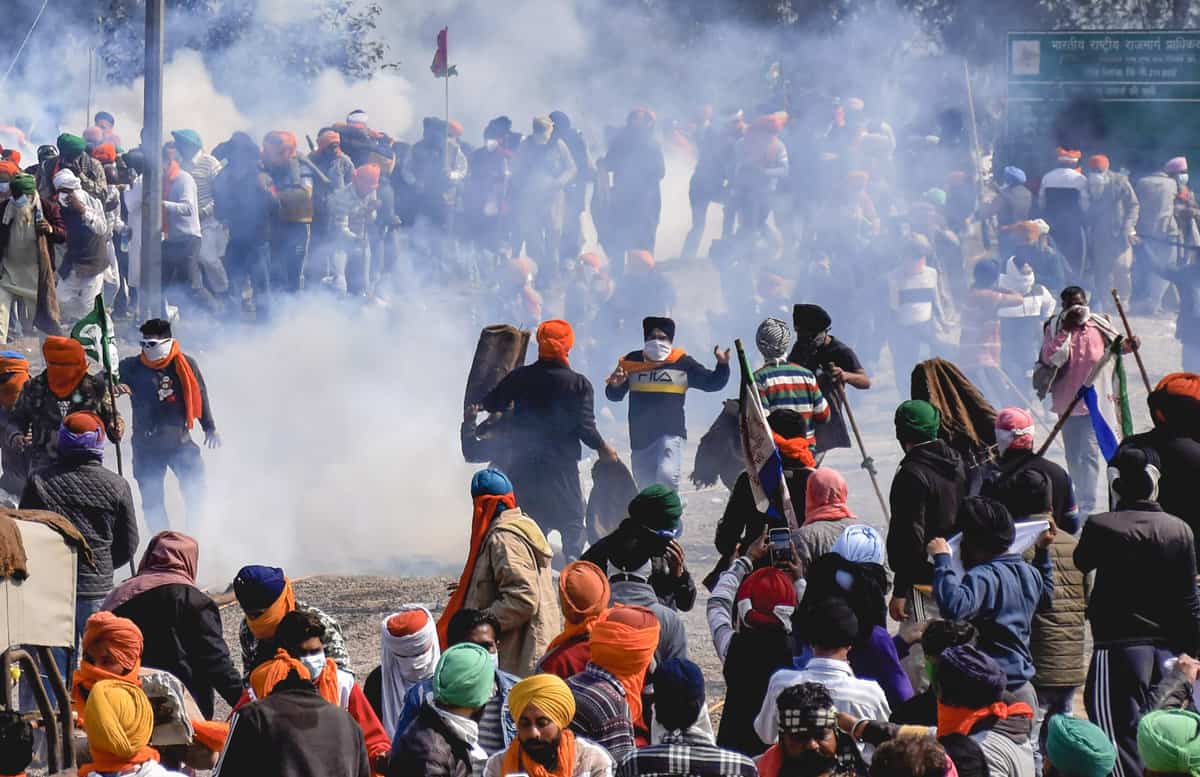
India has been identified as one of the “worst autocratisers” globally in recent years, according to a report by the Sweden-based Varieties of Democracy Institute.
The country was classified as an “electoral autocracy” at the end of 2023, a status it first received in 2018.
The institute categorized countries into four transitional phases between ‘democratisation’ and ‘autocratisation’: liberal democracy, electoral democracy, electoral autocracy, and closed autocracy.
The trend towards autocratisation has been intensifying worldwide since 2020, with 42 countries listed in the new V-Dem report.
The report emphasized that India, with 18% of the global population, accounts for approximately half of the population residing in countries undergoing autocratization.
India’s downgrade to an electoral autocracy has been met with criticism from the BJP-led Central government regarding international rankings on democracy and press freedom.
Various reports have highlighted a decline in civil liberties in India since Prime Minister Narendra Modi came to power in 2014, attributing this to increased pressure on human rights groups, intimidation of journalists and activists, and attacks against minorities.
The downgrading of India’s democracy has raised concerns globally, especially given its status as the world’s largest democracy. The rankings point to policies under Mr. Modi’s government that have led to a deterioration of political and civil liberties in the country.
The V-Dem Institute’s assessment reflects a broader trend of democratic backsliding globally, with electoral autocracies becoming more prevalent.
These rankings have sparked discussions on the impact of democratic decline on economic growth.
Research suggests that democracies produce higher growth than autocracies and are better equipped to avoid economic crises. The erosion of democratic institutions in India is likely to affect its economic growth in the long run.
